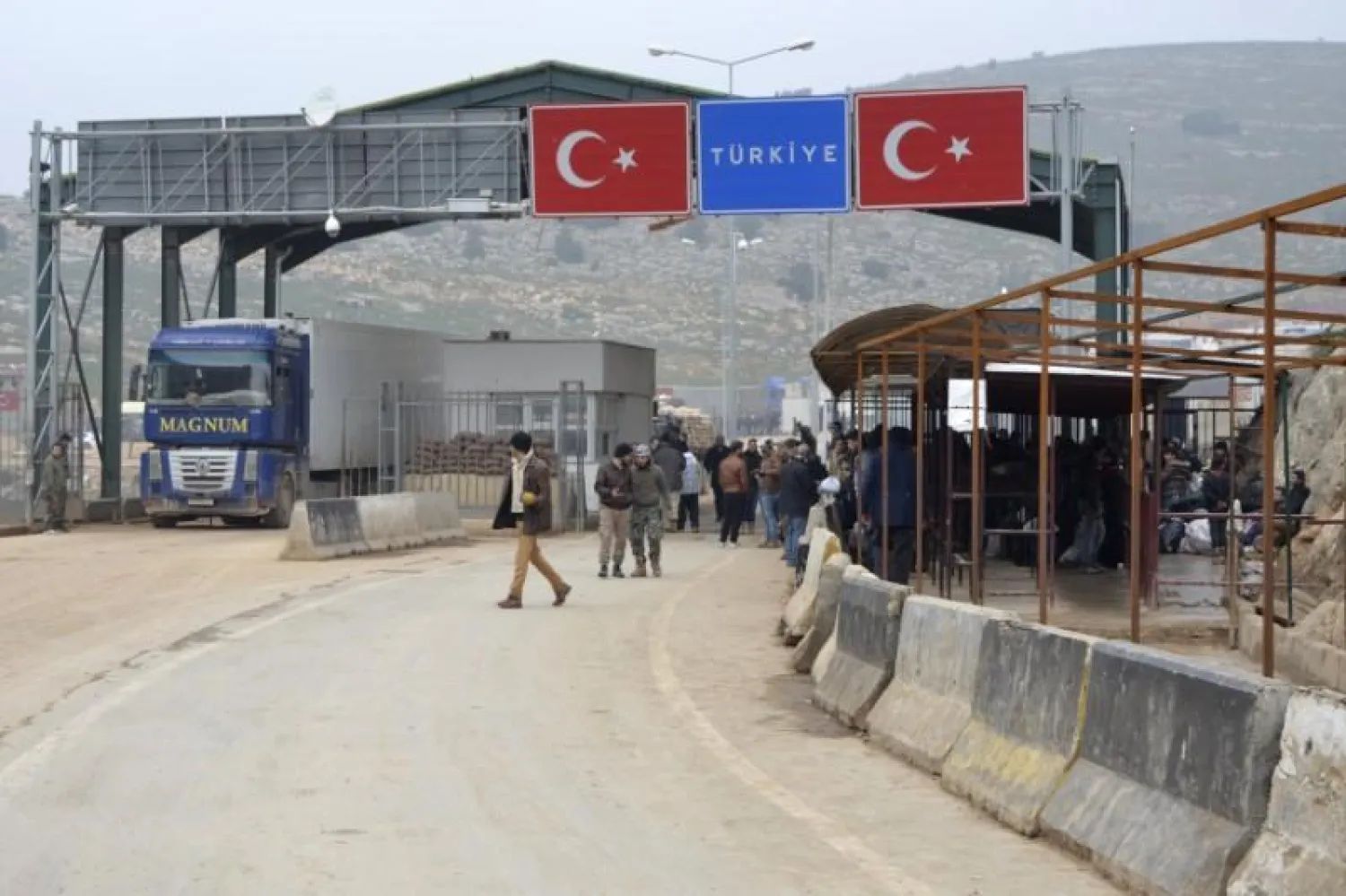Syrian residents in Idlib fear Ankara will yield to Moscow's pressure and hand over the control of Bab al-Hawa border crossing to Russians after it has become the only crossing for humanitarian aid through Turkey.
It was reported that Russia is planning to control the crossing which is 20 kilometers far from the Syrian regime forces at the Damascus-Lattakia international road (M5).
Observers believe that Russia did not use its veto right in the UN Security Council during the vote on choosing Bab al-Hawa for aid passage because it plans to impose control over the crossing.
There are fears that Turkey will comply with the Russian plan to get rid of Moscow's pressure, given Ankara's lack of control over militants in Idlib under the agreements signed with Moscow. Also, it might accept putting the crossing under the control of Russia and the regime to prevent the threat of military escalation.
Observers warn that Turkey's acceptance of Russia's control of the crossing will soon lead to the regime's full control over Idlib by forcing its residents to surrender.
For his part, Turkish Foreign Minister Mevlut Cavusoglu said that it was important to maintain the mechanism of delivering aid to the Syrians, even if it is reduced to one border crossing.
Meanwhile, the administration of Bab al-Hawa crossing announced the resumption of transit movement to and from Turkey, after a week of suspension. It requested travelers to strictly adhere to the precautionary measures to limit the spread of the new coronavirus.
Earlier, the administration announced that it would close the crossing on July 14 for travelers and patients, after a COVID-19 case was recorded in northwestern Syria.
Turkish security sources announced that 599 Syrian citizens have returned from Turkey to the safe areas in their country during the past two weeks.
Anadolu reported that the Syrians returned through the Gilo Gozo crossing in Turkey’s southern province of Hatay. They entered Syria through Bab al-Hawa crossing, noting that they went to the safe areas in Idlib, and villages of the Afrin region in Aleppo governorate.
Earlier in July, Turkish security sources announced that the number of Syrians returning to their country through the Gilo Gozo crossing reached 4,300 people during the first half of the year.









